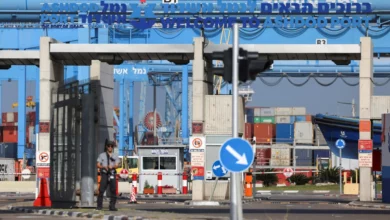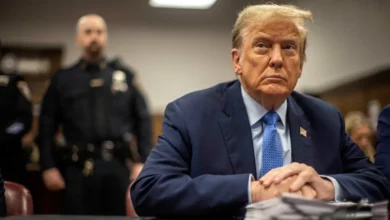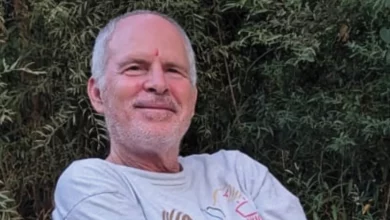It’s possible that running away from a confrontation might delay it for some time, but it can never resolve it. It’s also possible that avoiding a problem can exacerbate it and make it worse. Unfortunately, there are those who are trying to convince us that Egypt’s biggest problem currently is a man with ambitions to the presidency named Mohamed ElBaradei. From their perspective, this man has begun to behave irresponsibly, by visiting mosques, churches and Egypt’s larger cities, and is therefore fomenting confusion and exposing the country to chaos and instability.
However, in my opinion, this perspective seeks to avoid the roots of the problem. Moreover it represents a determined effort to turn the facts on their head. For from this perspective the “ElBaradei phenomenon” is treated as a disease that must be eradicated through oppression and not simply a symptom of a disease that must be covered up or hidden from public view. The disease that Egypt suffers from, that has almost killed it in its sleep, stems from the prevailing sense of uncertainty in political life. This is because the official leader at the helm is more than 80-years-old and spends most of his time outside the capital. He has no vice-president, and recently underwent a surgery, the details of which are unclear, as it precluded him from work for several weeks. Meanwhile, true power is held by a small group of individuals whose identities are only known to businessmen led by Mubarak’s son.
Without a clear mechanism to transfer power peacefully–meaning through free, clean and transparent elections allowing for true competition between those who feel they are qualified and desire to manage the public’s affairs–the only option is between another term for Mubarak the father, something that seems increasingly doubtful considering his current health, or placing Mubarak’s son in power. Whatever the case, this will take place in a clearly recognized undemocratic fashion, without even the most basic guarantees of cleanliness and transparency. Such a political vacuum and uncertainty contributed to the development of a phenomenon, which reflects the collective yearning in Egypt for change, regardless of who is chosen to symbolically embody this desire. If such a phenomenon currently carries the name of ElBaradei, it is also probable that such a phenomenon will continue with ElBaradei or without him.
The media mentioned the President spoke with other Arab leaders after his surgery, in order to thank them for their concern, even though he should have first addressed his own people who had rallied around him when he was sick. However, I hope that now he is in a state that will allow him to address the Egyptian people from the podium of the People’s Assembly, in order to reassure them about their future that has become inextricably tied to the results of the upcoming parliamentary and presidential elections. I suspect that the President could go a long way towards reassuring his people if he would agree to the constitutional amendments they demand. I sincerely believe that this would be the most fitting gift the President could give to his people on an occasion such as this, as it will help Egypt avoid a great deal of misfortune, that we can only pray God saves us from.
Translated from the Arabic Edition.




